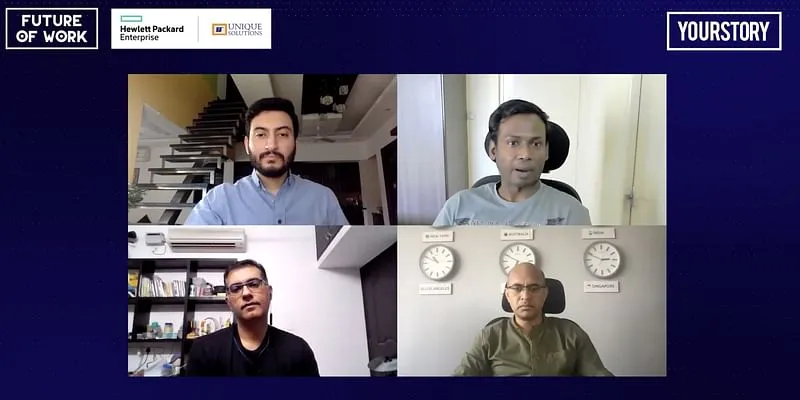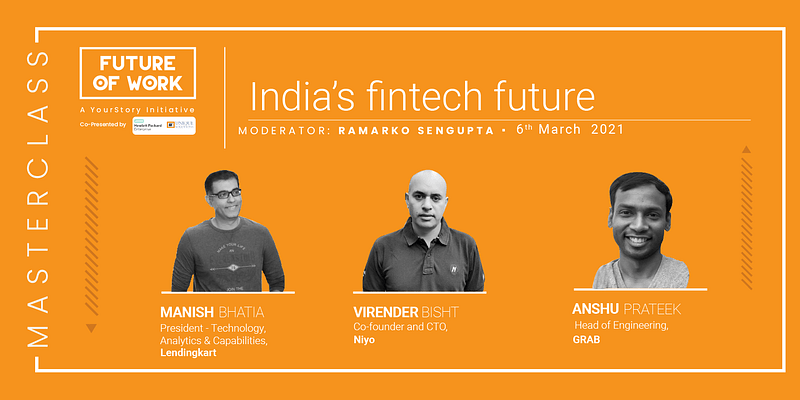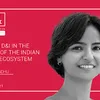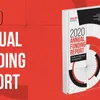Future of Work: 2020 fast-tracked digitisation by 5 years, say fintech experts
At Future of Work 2021, experts from fintech startups Lendingkart, Niyo, and GRAB discussed how COVID-19 changed the landscape for digital payments in India.
The year 2020 was a good year for the fintech sector, with several startups witnessing an unprecedented growth in users and transaction volumes. In fact, most expect the trends to continue into 2021 as well, with more innovation in play.
According to Research, the fintech sector was India’s second-most funded after edtech last year. Over $1.6 billion was raised by fintech startups across 136 deals, accounting for 22.1 percent of all VC investments throughout the year, the report highlighted.
During a masterclass on Day 2 of YourStory's Future of Work 2021 summit, experts from the fintech sector discussed the challenges of digital payments, and how they are using technology to find solutions.

The exciting 'thing' about fintech
Fintech is the most exciting sector in India because of the revolution led by cheap data, mobile penetration, and technology stacks, said Virender Bisht, Co-founder and CTO, .
He added, “Whichever opportunity that you chase, as long as you have a decent use case in mind, you are bound to get some traction. If you look at the last decade, there has been a lot of investment in the public infrastructure that allows us to innovate faster and to deliver value much faster to the customer.”
For Manish Bhatia, President - Technology, Analytics, and Capabilities, , the minimum viable product that you could take to a customer, which is Bharat ready, excites him the most.
Anshu Prateek, Head of Engineering, , highlighted that everyone wants ease of use, security, and the assurance that they don’t lose money through digitisation.
“Earlier, if a person was paying through the card or any other app, he was charged some additional amount, which was not feasible for any merchant. So, what excites me now is how businesses, government, and regulatory systems can resolve the new challenges in digital payments over cash to build the full cashless transactions in all the different use cases in our day to day life,” he added.
Key focussed areas
Bengaluru-based Lendingkart wants to be an organisation that actually stands behind the aspirations of MSMEs. Manish said, “We provide credits to MSMEs so that they can build a great business. The product, what we are building on, is all completely focussed on Tier II, III, and IV cities, and how we extend our reach so that MSMEs can build their aspiration.”
On the other hand, Niyo works with partner banks, especially on the deposit side, to make money more accessible, simpler, smarter, and safer for customers of all segments. “We have divided our customer satisfaction into three distinct segments," he added.
First is Niyo Bharat, an instant salary bank account for blue-collar salaried employees, built in partnership with Yes Bank, DCB, and recently ICICI Bank. The second product is Niyo X, which is targeted towards millennials and Gen Z customers.
Speaking about Niyo X, Virendra said, "We have a working product with IDFC, and we are going to announce one more partner bank very shortly. We are targeting one lakh customers per month within 90 days of launch, and by the end of the year, we will be having around one million users in the segment.”
Its third product, Niyo Global focusses on high net-worth individuals. "This product was actually targeted to foreign travellers. Unfortunately, due to COVID-19, travel got impacted, and because of that, the product only received 10-20 percent of traction, which is actually the pre-COVID numbers. We have seen some traction from students and solo entrepreneurs.”
“There was not a single business that has not felt the impact of COVID-19. We also faced the same and are now recovering from it. This year, 2021, is still going to be a slow pitch, but we’re hoping for the best,” Anshu claimed.
Post-COVID impact on fintech
History has proven that every time there is a behaviour change, it established a new normal, Virender said, adding, “We can clearly say that contactless payments are here to stay. UPI is not going away because people have tested it. Digitalisation is basically being forced on people, and consumers are realising that things can be done in a better manner without even cash payments.”
According to Manish, every event triggers a new normal. “Initially, you get a spike, and when the dust settles, it will be even higher than what it used to be. Now it’s been a year, and the habits of the customers have even changed to use more digital payments.”
Agreeing with Manish, Anshu claimed that 2020 fast-tracked digitisation, which could have taken the next five to six years to achieve.
“Businesses will sense further opportunities on top of it and build new things by bringing innovation and creativity in fintech,” Anshu added.
A big shout out to our Future of Work 2021 Co-presenting Sponsors Hewlett Packard Enterprise and Unique Solutions; Digital Excellence Partner, Google Cloud; Associate Sponsor HP and Intel; and Sponsors: Atlassian, Freight Tiger, Archon I Cohesity, TeamViewer, and Pocket Aces.

Edited by Suman Singh














